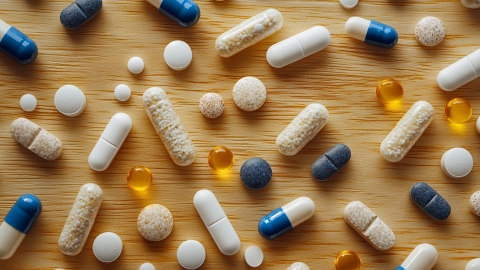Is it effective to take anti-inflammatory drugs for cholecystitis?
In general, whether taking anti-inflammatory medication is effective for cholecystitis depends on the specific condition. If discomfort occurs, it is recommended to seek medical attention promptly and avoid self-medicating. The detailed analysis is as follows:

When cholecystitis is caused by bacterial infection or accompanied by clear signs of bacterial infection, taking anti-inflammatory drugs is usually effective. In these cases, bacteria multiply extensively within the gallbladder, worsening inflammation. Anti-inflammatory medications can suppress or kill the bacteria, reduce the infectious response, alleviate symptoms such as abdominal pain and fever, help control the progression of inflammation, and prevent the spread of infection that could lead to more serious complications.
However, when cholecystitis is non-bacterial—caused solely by factors such as gallbladder spasms or bile stasis—anti-inflammatory drugs are generally ineffective. Since no bacterial involvement exists in this type of inflammation, anti-inflammatory medications cannot address the underlying cause. Taking them unnecessarily may increase risks such as gastrointestinal discomfort and microbial imbalance. Symptoms in these cases should be managed through antispasmodic treatments, pain relief, dietary adjustments, and similar approaches.
In daily life, maintain a light diet, avoid greasy and spicy foods that may irritate the gallbladder, eat regular meals, and avoid overeating or prolonged fasting. If symptoms recur or worsen, promptly return for follow-up evaluation and adjustment of the treatment plan.







